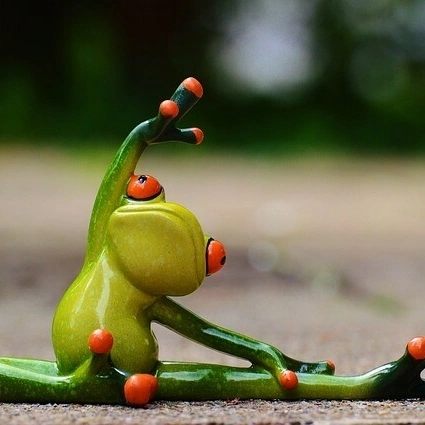
From a life insurance perspective to get a healthy living discount, you need to be able to answer all our health questions in the positive. Inherently this means that the younger you are the more likely you are to qualify for the additional lifetime discount. It also means that if you’re feeling unwell it may pay to wait till you’re back to full health to apply.
When you’re younger you’re less likely to have had any health problems or issues, including surgery or other major illnesses. 46% of Pinnacle Life’s clients aged 20-29 receive our healthy living discount compared to 24% of our 55- 59 year old clients. For the last few years, across all age brackets, around 34% of our customers have qualified for the discount.
You don’t have to be a saint you just have to take care of yourself and be a little bit lucky.
The World Health Organisation describes a healthy lifestyle as ‘a way of living that lowers the risk of being seriously ill or dying early’. Obviously, not everything is preventable but the choices we make every day, such as what we eat, how active we are, whether we smoke and how much alcohol we drink, all add up to have a major impact on our future health and well-being. Many health conditions, such as type 2 diabetes, depression and heart disease, can be prevented or dramatically improved if healthier choices are regularly made. Importantly, a healthy lifestyle includes not just physical health but mental and social well-being too.
Physical
To be physically healthy, and to have a healthy BMI, you need to usually eat well and exercise. In real terms this means doing things like eating your fruit and vegetables, drink water (not alcohol), don’t smoke and get active. There are loads of websites about how to be physically well.
(Our last blog focused on the prevalence of obesity in New Zealand. Obesity is defined as having a BMI (Body Mass Index) of over 30. You can calculate your BMI by dividing your weight in kilograms, by your height (squared) in centimetres. The recommended levels are a BMI between 18.5–24.9.)
Mental well-being
If you have good mental health you can cope with normal stresses of life, can work productively, and are able to make a contribution to your community. Mental health in NZ has had increased attention over the last few years as our mental health statistics worsen.
Mental illness accounts for 15% of the total burden of disease in the developed world, with depression set to become the second leading cause of disability in the world by 2020.
To keep mentally well, keep active (physically, socially and mentally), teach yourself to think positively, work towards financial security, connect to your community and look to the future – take on a challenge! If you’re interested in improving your own mental health, there are lots of websites with tips and tools but the Mental Health Foundation NZ is a good place to start.
Social well-being
Social Well-being is the extent to which you feel a sense of belonging and social inclusion. Ways of living together, value systems, traditions and beliefs are all important to our social well-being. NZ performs fairly well compared to other OECD countries for selected social well-being indicators. We have a strong sense of community, and most of us believe we have someone we could rely on in a time of need.
To improve your social well-being focus on the things that keep your life in balance, some of these are good for your mental health too!
Don’t count on being a little bit lucky to stay healthy. With a little bit of conscious effort you can make a big difference to your overall well-being.




